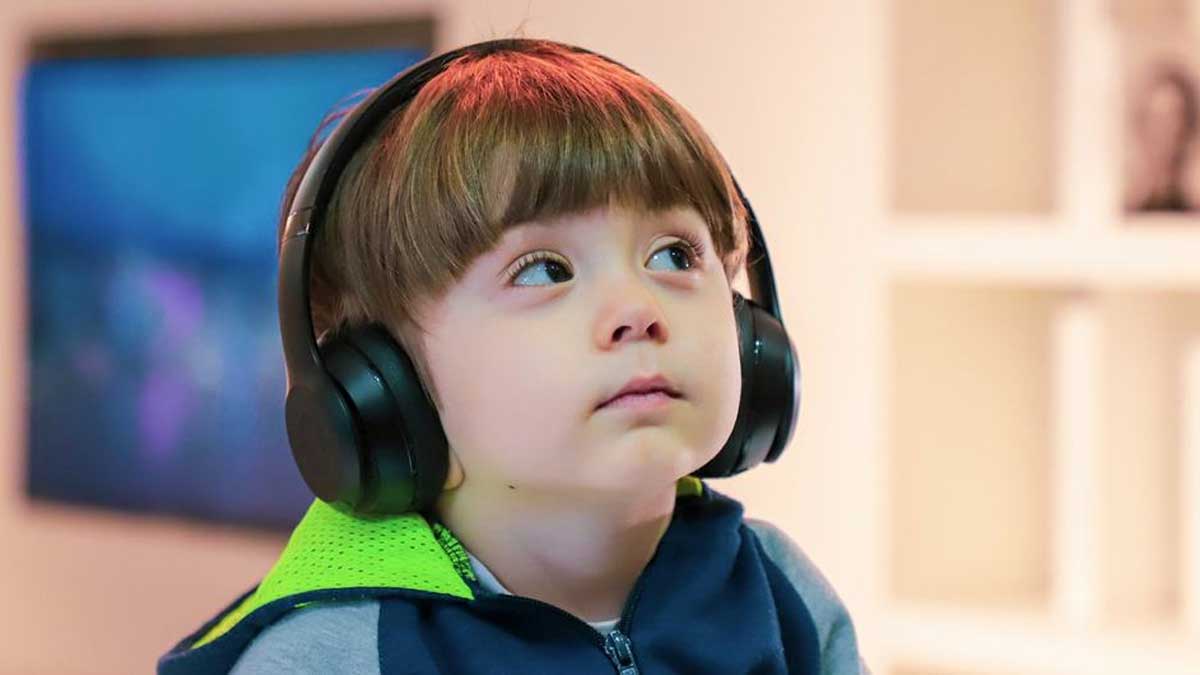Over one billion people, aged 12 to 35, are in danger of losing their hearing owing to prolonged and severe exposure to loud music and other high volumes of recreational noise, according to the World Health Organization (WHO).
The organization issued the warning as part of new international safety recommendations aimed at combating the growing threat of hearing loss.
The launch of a new worldwide standard for safe listening at venues and events was timed to coincide with World Hearing Day, which was observed today (Thursday) with the theme “To hear for life, listen with care!” It applies to all venues and events that feature loud music.
Read more: E-waste poses serious health threat to Pakistan, says UN study
The loss affects about 1.5 billion individuals worldwide, and according to latest predictions, this figure could climb to over 2.5 billion by 2030. According to the World Health Organization, public health initiatives can prevent 50% of hearing loss.
Many common causes of hearing loss, including over-exposure to high-volume sounds, can be avoided, according to the WHO.
“Millions of teenagers and young people are at danger of hearing loss as a result of the improper use of personal audio devices and exposure to harmful sound levels in places like nightclubs, bars, concerts, and sporting events,” said Dr. Bente Mikkelsen, WHO Director of the Department of Noncommunicable Diseases.
“The risk is increased because most audio devices, locations, and events do not provide safe listening solutions, increasing the risk of hearing loss,” she noted.
The new WHO standard intended to safeguard young people when they engage in recreational activities.
The “Global standard for safe listening at venues and events” includes six guidelines for venues and events to follow in order to reduce the risk of hearing loss while maintaining high-quality sound and a pleasant listening experience.
The following are some of the recommendations:
1) A maximum sound level of 100 decibels on average
2) Sound levels are monitored and recorded in real time using calibrated equipment.
3) Improving the acoustics and sound systems of the venue to provide good sound quality and safe listening.
4) Providing audiences with personal hearing protection, as well as information on how to use it.
5) People should have access to quiet zones where they can rest their ears and reduce the risk of hearing damage.
6) Providing staff with training and information. The World Health Organization (WHO) has warned that hearing loss caused by loud sounds is irreversible. Exposure to loud sounds causes temporary hearing loss or tinnitus (ringing sound interference in the ears), but prolonged or repeated exposure can cause permanent hearing damage, resulting in irreversible hearing loss.
7) Young people can better safeguard their hearing by doing the following:
i. turning down the volume on personal audio devices.
ii. wearing well-fitted and, if possible, noise-cancelling. earphones/headphones.
iii. wearing earplugs at noisy places.
iv. getting frequent hearing checkups.
WHO encouraged to adopt the new global standard by developing and enforcing safe listening legislation and raising awareness of the dangers of hearing loss.
Civil society organizations, parents, teachers, and medics, according to the UN agency, can urge young people to exercise safe listening habits by educating them.
“Governments, civil society organizations, and private sector entities such as manufacturers of personal audio devices, sound systems, and video gaming equipment, as well as owners and managers of entertainment venues and events, all have a critical part to play in endorsing for the new global standard,” said WHO Assistant Director-General Dr Ren Minghui.
He went on to say, “We must work together to encourage safe listening techniques, particularly among young people.”





















